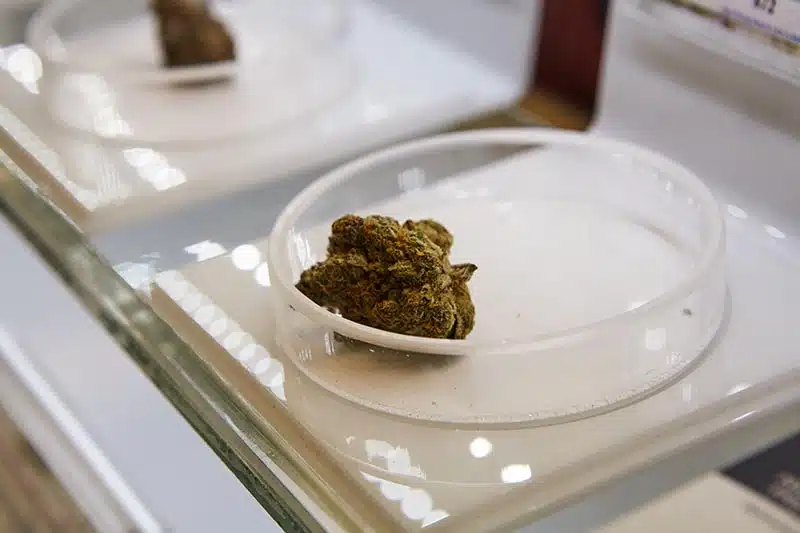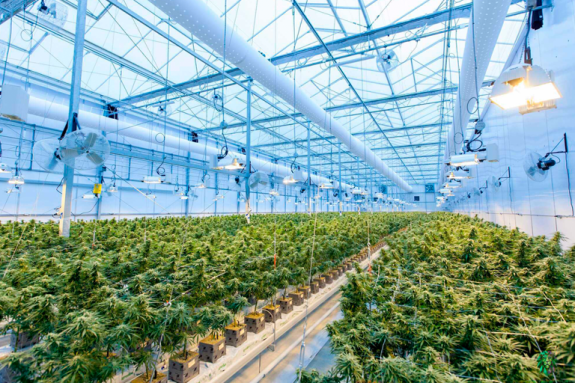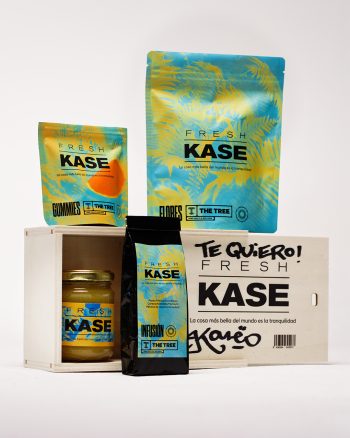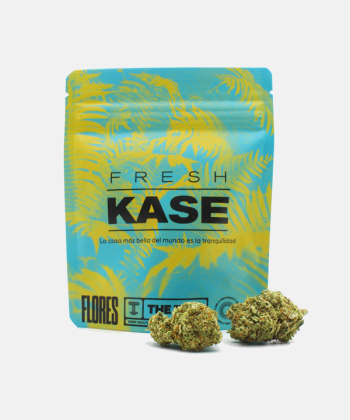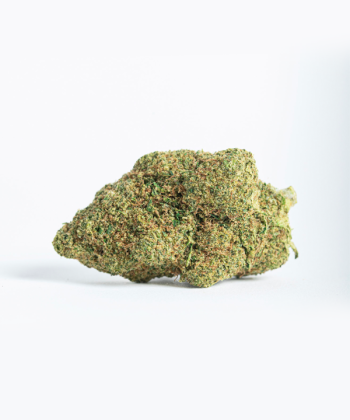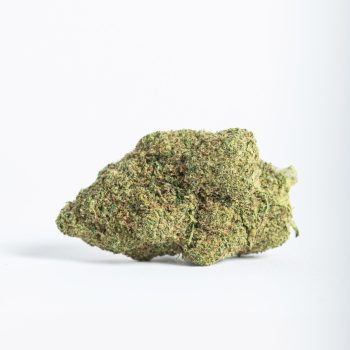In the vast and complex world of cannabinoids, the discovery of tetrahydrocannabiforol (THCP) has opened a new chapter in our understanding of cannabis chemistry and its multiple effects.
This cannabinoid was discovered relatively recently, in 2019, by a group of Italian researchers¹. While tetrahydrocannabinol (THC) has long been the most recognised and studied component of the cannabis plant, recent research has shed light on a close but distinctly different relative: THCP.
This newly identified compound, still shrouded in mystery, promises to revolutionise our understanding of how cannabinoids interact with the human body.
Unlike THC, which is known for its potent psychotropic effect and potential therapeutic applications, THCP stands out for its unique molecular structure, which may account for its remarkably superior potency.
In this article, we will explore in depth what exactly THCP is and how it differs from THC in terms of chemical structure and effects. Furthermore, we will examine the future prospects of this intriguing cannabinoid, which opens the door to new possibilities in the cannabis field.
THC vs. THCP: Comparing chemical structures
THCP and THC share similarities in their chemical structure, but one key difference distinguishes them: the length of their alkyl chain. While THC has a five-carbon chain, THCP has a longer seven-carbon chain. Thus, although they are similar molecules, the number of carbon atoms varies.
This variation may seem minor, but it has a significant impact on how each compound interacts with the body’s endocannabinoid receptors, as the effect of THCP is thought to be much more potent than that of THC².
These structural differences could explain the greater potency of THCP, through findings such as those detailed in research by Bueno and Greenbaum, published in 2021, which analyses the THCP content of cannabis flowers of various chemotypes³.
Impact on the body: effects of THCP compared to THC
Although research is in its early stages, studies suggest that THCP may have a stronger affinity for the CB1 and CB2 cannabinoid receptors, implying higher potency and possibly stronger effects.
In fact, the article chronicling the research conducted during its discovery already warns that this cannabinoid is 33 times more potent than THC and 63 times more potent than THCV¹.
THCP’s therapeutic potential: what we know so far
The therapeutic potential of THCP is a promising area of research. Some preliminary hypotheses indicate that it could be effective in alleviating certain medical symptoms, possibly more effectively than THC.
On the other hand, the potential use of THCP as a medical treatment would entail certain associated challenges. Given its higher potency, this cannabinoid could have significant implications for consumers, both in terms of effects and safety of use, as it would be easier to overdose.
Therefore, if its potential for therapeutic use can be realised, it would be crucial to understand these aspects in order to better inform users and health professionals about how THCP differs from THC and other cannabinoids.
In short, THCP not only arouses scientific curiosity, but also promises to contribute significantly to our understanding of cannabis and its therapeutic potential. Only through rigorous, multidisciplinary research will we be able to fully unravel the mysteries of THCP and harness its potential for the enhancement of well-being.
References
- Citti, C., Linciano, P., Russo, F., Luongo, L., Iannotta, M., Maione, S., … & Cannazza, G. (2019). A novel phytocannabinoid isolated from Cannabis sativa L. with an in vivo cannabimimetic activity higher than Δ9-tetrahydrocannabinol: Δ9-Tetrahydrocannabiphorol. Scientific reports, 9(1), 1-13.
- Ibid.
- Bueno, J., & Greenbaum, E. A. (2021). (−)-trans-Δ9-Tetrahydrocannabiphorol content of Cannabis sativa inflorescence from various chemotypes. Journal of Natural Products, 84(2), 531-536.

